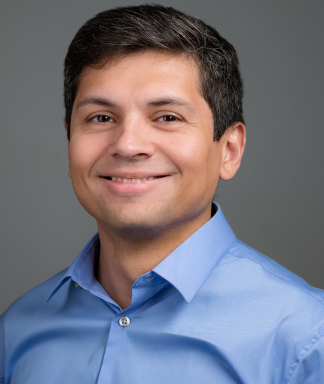
I am a computer engineer (BSc) with formal training in genetics and molecular biology (PhD), as well as in cancer biology and evolution (postdoctoral studies). In addition to my formal training, I have also become a competent systems biologist. During three years of use of ORIEN/AVATAR molecular database (RNAseq/WES), Moffitt’s Total Cancer Care electronic health records (EHR), and single cell molecular data (scRNAseq/scATAC-seq), I have learned the limitations (e.g. batch effects, noise) and potentials of each of these technologies, and as such I have developed an unsupervised, robust systems biology approach to integrate these data sources into patient-specific computational models of disease progression and drug resistance, which are both hypothesis-generating and potential predictive biomarkers, as further described in this proposal.
During my research career, I have focused on how to improve the survival of cancer patients through optimization of therapy. At first, my research consisted of the creation of theoretical computational models to study general aspects of carcinogenesis and evolutionarily based treatment schedules to delay emergence of aggressive or drug-resistant tumors. Despite important insights produced from these studies, including recently published clinical trials, these models lacked data from individual patients, which would truly inform and deliver personalized medicine. Thus, in collaboration with the Moffitt Myeloma Working Group (MMWG), I have developed a combination of ex vivo chemosensitivity assay and computational model of therapy response (named EMMA), capable of extrapolating 6 days of experimental data into months of clinical response using fresh bone marrow samples from standard-of-care biopsies. As such, we have created patient/drug-specific mathematical models which, when parameterized by drug-specific pharmacokinetics and dosing schedule, yields predictions of clinical response. This novel platform has been published in both multiple myeloma (MM) and mantle cell lymphoma.
Leveraging Moffitt’s participation in ORIEN/AVATAR project, the MMWG has facilitated the collection of over 1,000 bone marrow aspirates, which underwent WES (germline and tumor) and RNAseq (tumor), in addition to matching 500 bone marrow samples tested ex vivo in EMMA in our laboratories, 12 scATAC-seq, with corresponding abstracted clinical/treatment history data. I have developed a novel data-driven systems biology pipeline to infer mechanisms of disease progression and evolution of drug resistance in MM from this rich dataset, which culminated in the preliminary data described in a recent manuscript. Briefly, our data suggest that different genetic events commonly observed in MM (e.g. mutations, chromosomal abnormalities) alter the balance of epigenetically maintained cell identity circuitry, which in turn increases cellular plasticity, facilitating transition to more aggressive, drug resistant states, as well as increasing intra-tumoral heterogeneity. The consequences of these observations are that (a) MM progression and multi-drug resistance are reversible through pharmacogenomic approaches, as long as (b) the “key log” mechanisms specific to each patient/tumor sample are characterized by network controllability analysis, suggesting the correct therapeutic intervention (e.g. kinase inhibitors). We anticipate that this may pave a road to truly personalized therapy for all HEME patients and provide a critical resource for the translational investigators in this proposal.

Research Scientist (Curriculum Vitae)
I am a biologist thrilled by understanding the origin and molecular aspects of cancer. As a member of Silva Lab since 2018, I coordinate and conduct the experimental procedures of our ex vivo drug screening pipeline, EMMA. By associating the molecular data (WES and RNA-Seq) from almost 1,000 myeloma patients with the ex vivo drug resistance data we get from EMMA, I propose new strategies for treatment re-sensitization and test them through functional validation experiments. I also have expertise in the analysis of signaling and metabolic pathways using publicly available databases (String-DB, KEGG, Enrichr, Chea, GeneGo, MetaboAnalyst, Metacore, CMap, etc.), and multivariate statistical analysis (PCA, PLS-DA, non-supervised clustering) to generate testable hypothesis for inference of cellular mechanisms through a Systems Biology-based approach. Areas of interest: Cancer Genetics and Metabolism, Multi-omics and Systems Biology applied to Cancer Research, strategies for therapy re-sensitization, patient-specific network controllability models for tailored treatment.
Applied Research Scientist
I joined Dr. Ariosto Silva’s lab in the Department of Cancer Physiology at H. Lee Moffitt Cancer Center and Research Institute in September 2016 with the goal of expanding my knowledge from mechanical to biological systems. I have a background in electrical and aerospace engineering, where I specialized in mathematical modeling and control theory. I’ve contributed to the development and implementation of EMMA (Ex vivo Mathematical Malignancy Advisor), which is a clinical decision support tool that relies on patient-specific responses to various standard-of-care drugs measured ex vivo in a reconstruction of the tumor microenvironment to predict a patient’s response to therapy within a week of the biopsy. This approach was extended to quantify clinical synergy in pairwise combinations to determine the best three-drug combinations for each patient. My research focus is currently on identifying targeted therapies to reverse resistance to standard-of-care drugs in multiple myeloma patients using a novel gene regulatory network model informed by matched patient RNA-seq and ex vivo drug sensitivity data, and publicly available multiomic data.
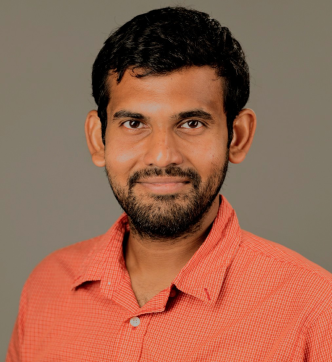

Dr. Shain is a clinician scientist with time divided by clinic, clinic trials and translational research with a primary focus in multiple myeloma and other plasma cell relation disorders (including Waldenstrom Macroglobulinemia and Primary Amyloidosis). Dr. Shain continues supporting his career goals to carry-out bench to bedside care and research for myeloma patients as well as the education of physicians and scientist of tomorrow.
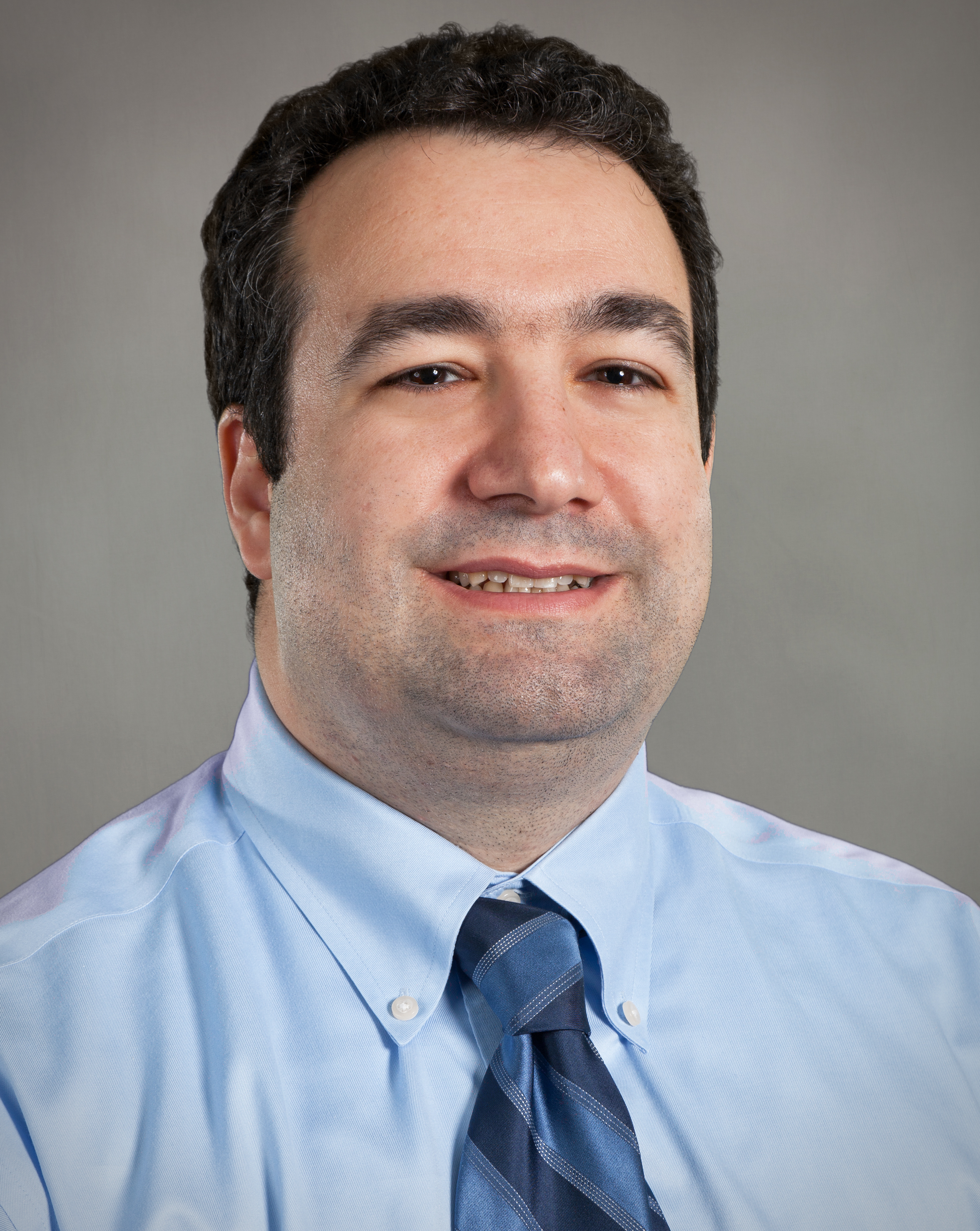
Dr. Baz is Myeloma Section Head in the Department of Malignant Hematology at Moffitt Cancer Center. Dr. Baz has developed a special expertise in managing patients with plasma cell disorders such as multiple myeloma, monoclonal gammopathy of undetermined significance (MGUS), plasmacytoma, primary systematic amyloidosis, and Waldenstrom’s macroglobulinemia (WM).
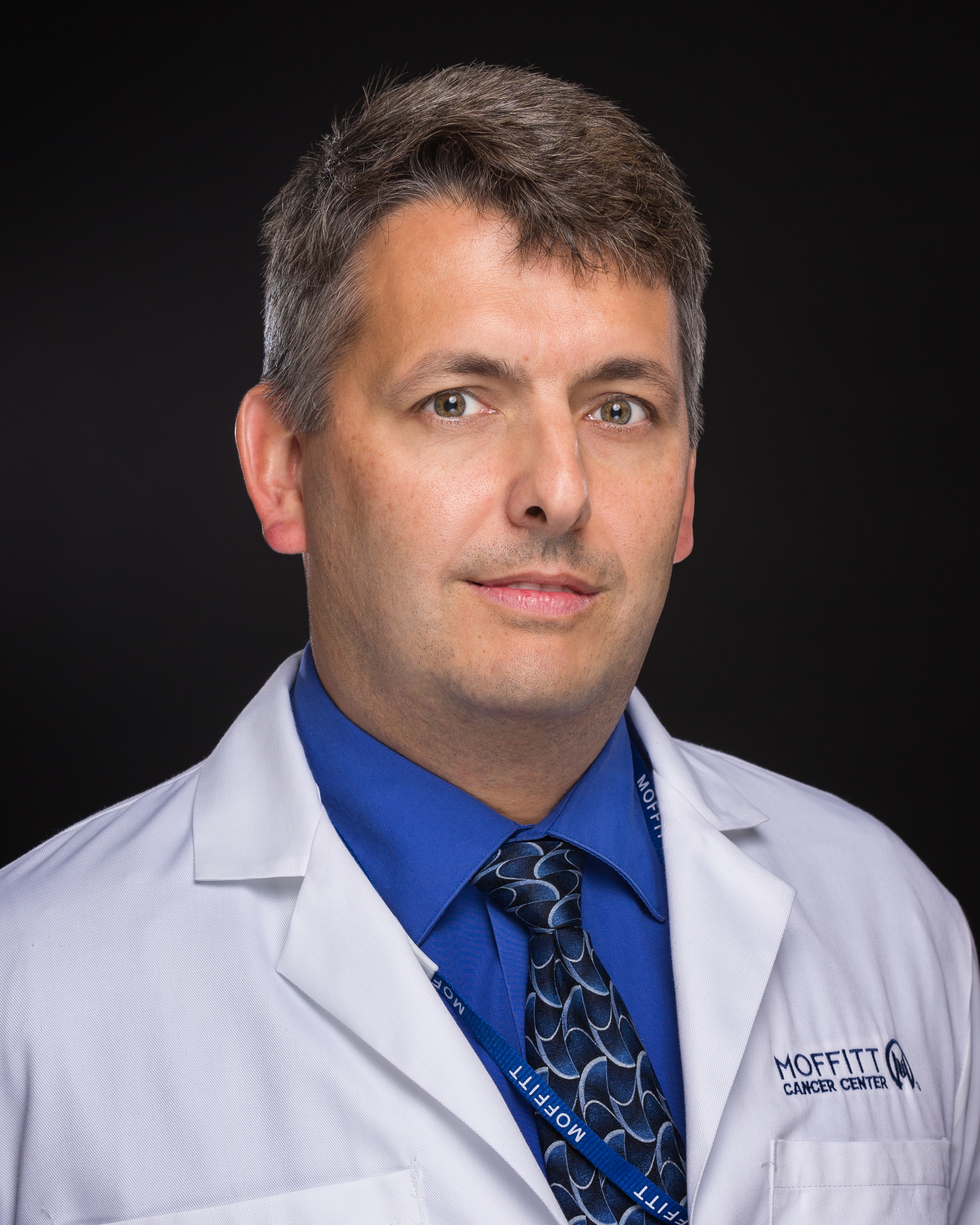
Dr. Brayer oversees several clinical trials exploring the use of immunotherapies and chimeric antigen receptor (Car) T cell therapies in myeloma. Dr. Jason Brayer currently heads a research lab at Moffitt Cancer Center characterizing the tumor immune microenvironment of multiple myeloma looking to identify patterns and signals that can predict optimal utilization of current immunotherapies and guide development of new treatment strategies.
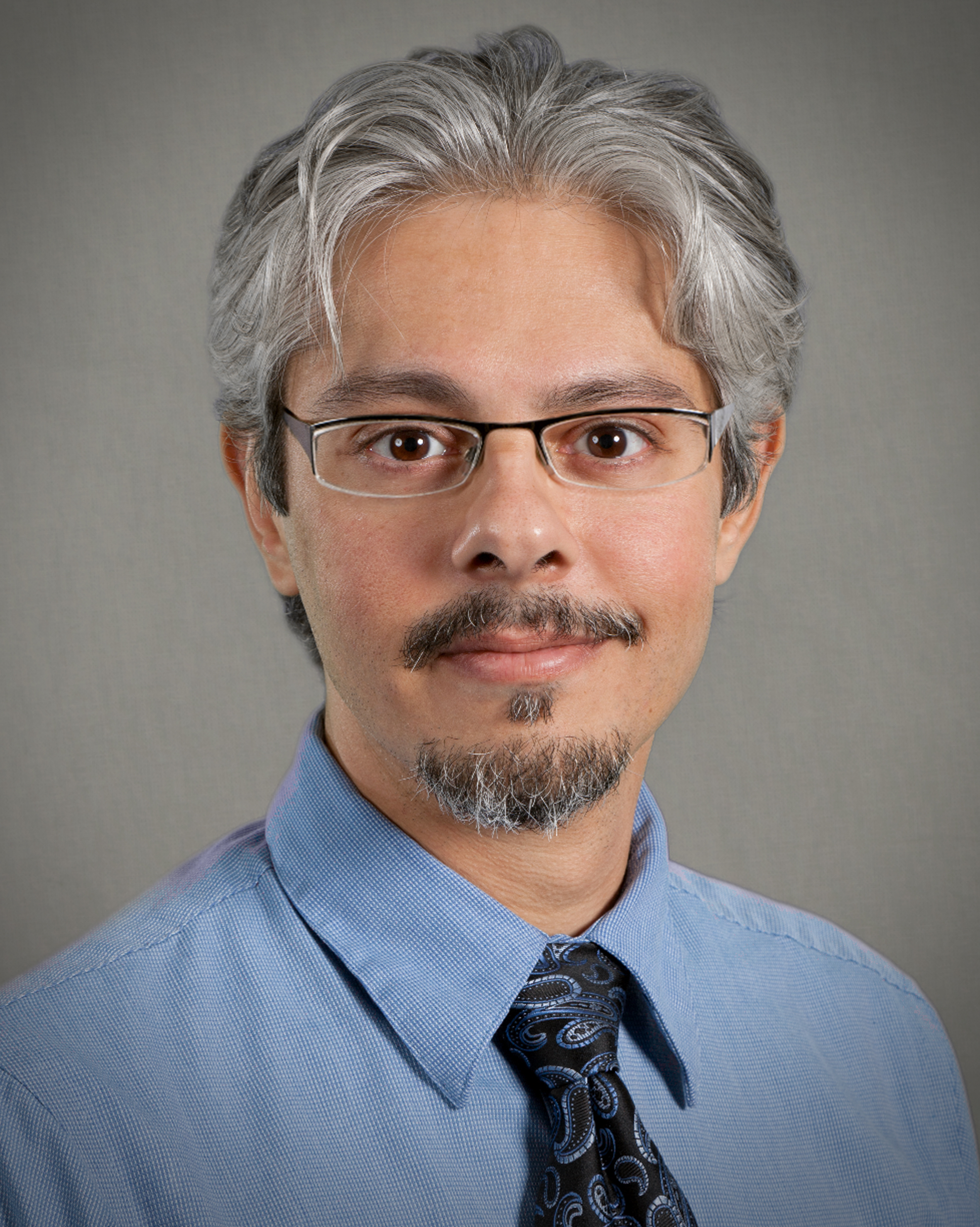
Dr. Shah’s primary clinical interests are in Non-Hodgkin Lymphomas (particularly mantle cell lymphoma) and Acute Lymphoblastic Leukemia. As an internist and pediatrician, Dr. Shah also has a special interest in adolescent and young adult malignant hematology.
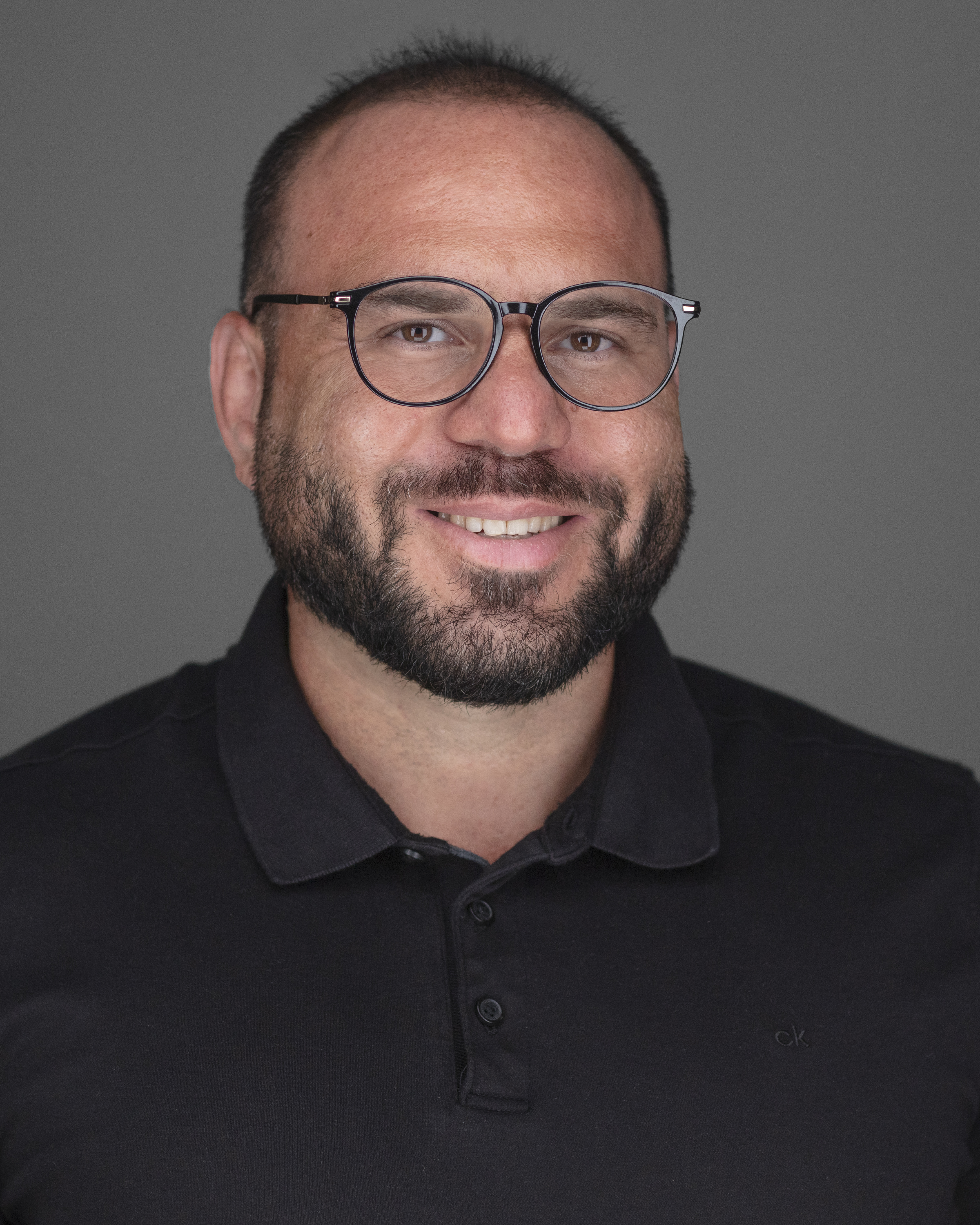
Dr. Mehdi is an Assistant Professor in the Department of Pathology and Stony Brook Cancer Center at Stony Brook Medicine. He studies tumors evolution under the light of tumor microenvironment and metabolism.